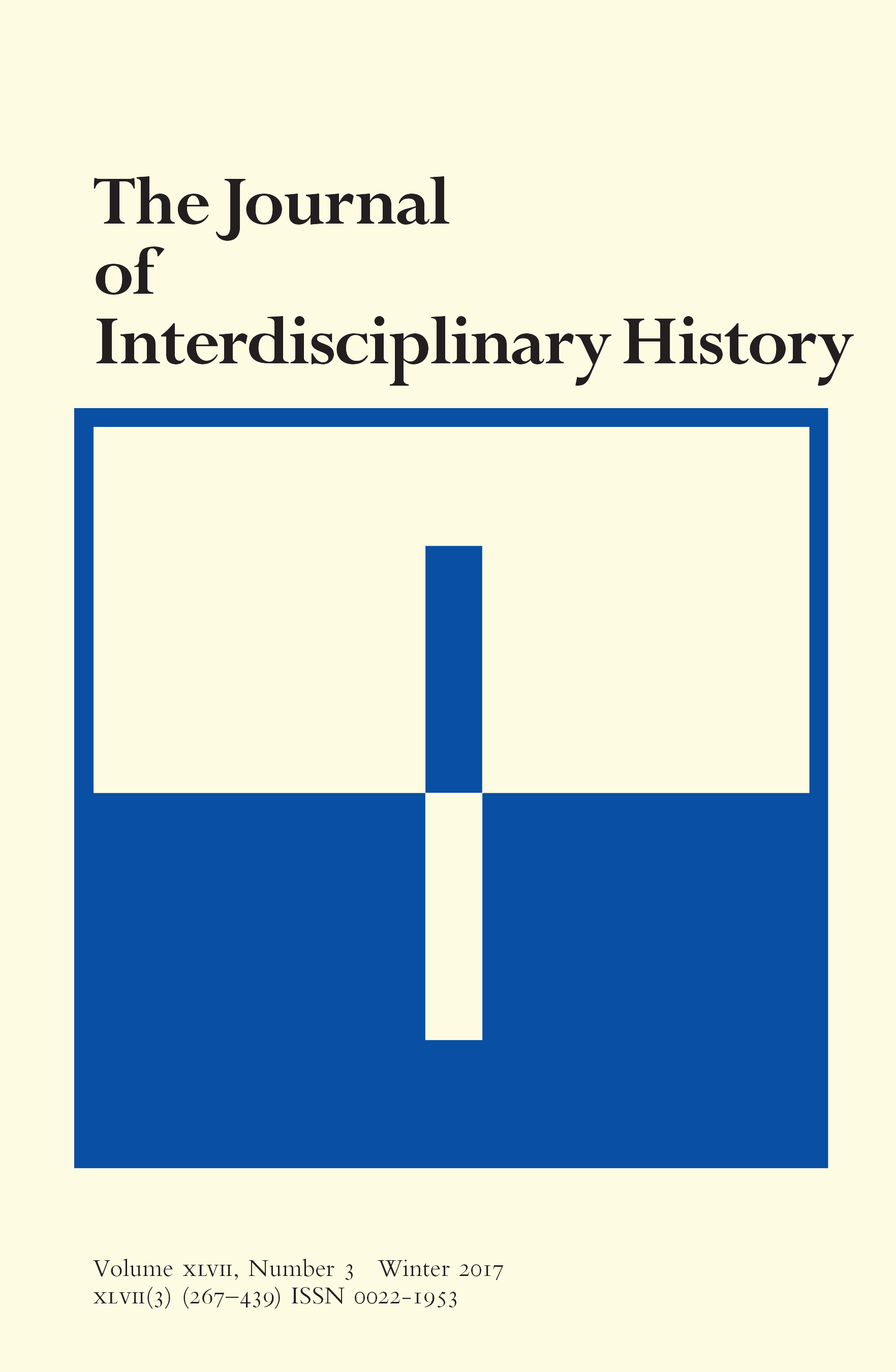Mongia’s stimulating account of Indian migration announces its larger argument on the first page: “This study traces a shift from a world dominated by empire-states into a world dominated by nation-states” (1). Like Anderson in his pathbreaking work on nationalism, Mongia insists that this transformation cannot be explained by metropolitan developments alone but that it took place initially within Europe’s colonies.1 She develops her argument through a close study of three controversies surrounding Indian overseas migration from the 1830s to the 1910s—indentured labor recruitment, Indian marriage practices in South Africa, and Canadian efforts to deny Indians entry—and she places her analysis in a larger context of theories of law and the state.
The earliest instances of extensive Indian overseas migration involved indentured recruitment to replace slave labor on colonial plantations. At the heart of this recruitment was state regulation based on free assent to a contract. The presence of...

